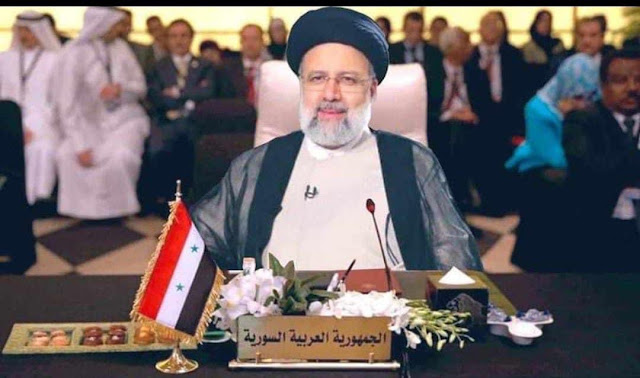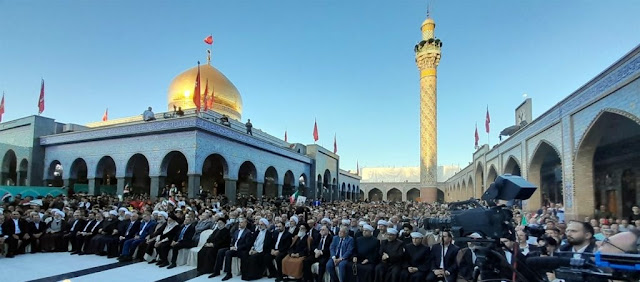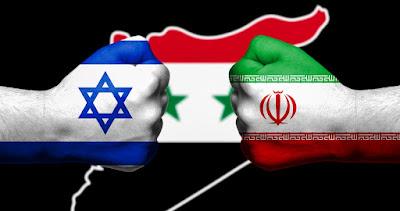The Internationalism of the Syrian Crisis: The Context and Exercise of the Regime's Interim Victory

The 'internationalism' keeps being demonstrated as an empirical fact in the international field where the Westphalian 'border' of sovereignty of nation-state is actually porous to international inputs and even determinant kind of international 'interference'. In fact, the international input including all kinds of practices and policies is of vital importance and impact in shaping the outcome of domestic-deemed issues regardless of their international ramifications and dimensions. The sovereignty is not a barrier between the domestic and international realms in reality. 'interference' is a term made to maintain the interests of the most powerful actors, and is actually a natural kind of interaction when it is not protected by adequate power. This is actually a reality rather than a theory or ideology. The ideology is what I invented and became a Keen proponent of it that is 'Neo-Internationalism' where the international natural input ...



